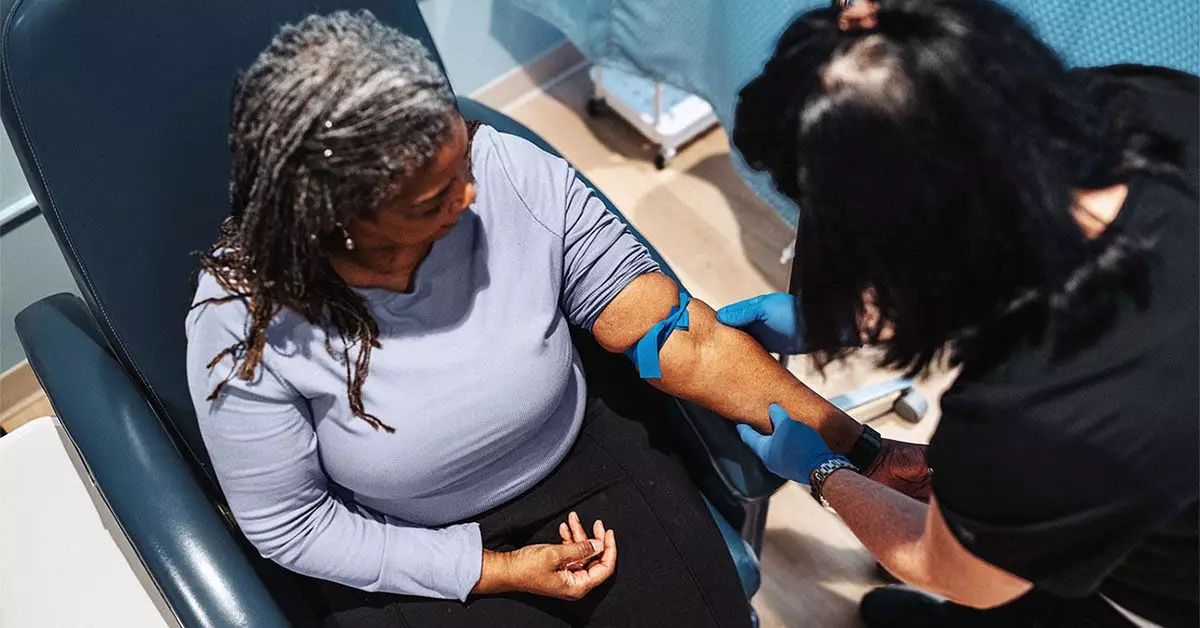In the relentless battle against cancer, chimeric antigen receptor (CAR) T-cell therapy stands out as a beacon of hope, especially for patients grappling with multiple myeloma (MM). Unlike traditional treatments that often target the disease indiscriminately, CAR T-cell therapy uniquely harnesses and enhances the body’s immune response. By modifying a patient’s T-cells to recognize and attack cancerous cells, particularly those expressing the BCMA protein, this innovative approach has paved the way for groundbreaking advancements in cancer treatment. The FDA’s approval of idecabtagene vicleucel (Abecma) and ciltacabtagene autoleucel (Carvykti) signifies a triumphant leap forward, offering new avenues for patients who have seen little success with conventional therapies.
The Duality of Success and Failure
Yet, while the promise of CAR T-cell therapy is evident, it is not an unequivocal solution. Evidence suggests that approximately one-third of patients experience treatment failure within six months, posing a stark reminder that biomedical advancements often come with limitations. The challenging reality is that, if the initial therapy is unsuccessful, no standardized protocol exists for subsequent treatment. This uncertainty can leave patients and their healthcare teams grappling with the next steps. The lack of consensus on the direction to take following treatment failure underscores the urgent need for more research on post-CAR T-cell strategies to ensure that patients maintain their trajectories towards recovery.
Navigating the Path After Setbacks
What happens when the anticipated efficacy of therapy does not materialize? The emotional toll of a failed treatment can be heavy; thus, it is crucial for individuals to proactively seek comprehensive support. Connecting with loved ones and engaging in support groups can help mitigate feelings of isolation, allowing patients to share their experiences and garner strength from one another. Encouragement from mental health professionals can further fortify resilience, as they provide tools to cope with the psychological burden of living with a relapsing condition.
Simultaneously, patients must remain intimately involved in their treatment plans. Working closely with their healthcare teams not only retains their agency but allows for tailored adjustments based on individual responses to treatment. Options such as chemotherapy with lenalidomide, targeted therapies, and localized radiation are frequently recommended after CAR T-cell therapy’s initial attempts and should be approached with an informed and open mind.
The Call for Continued Innovation
Although hurdles remain, the advancements we see today offer a glimpse into a brighter future. Continuous innovation in CAR T-cell therapy and other treatment modalities holds the potential for vastly improved outcomes. The scientific community must harness this momentum, prioritizing collaboration and research that addresses the existing gaps post-CAR T-cell therapy failure. Only through dedication to ongoing inquiry and patient-centered care can we hope to transform the landscape of multiple myeloma treatment and improve the prognoses for countless patients.

